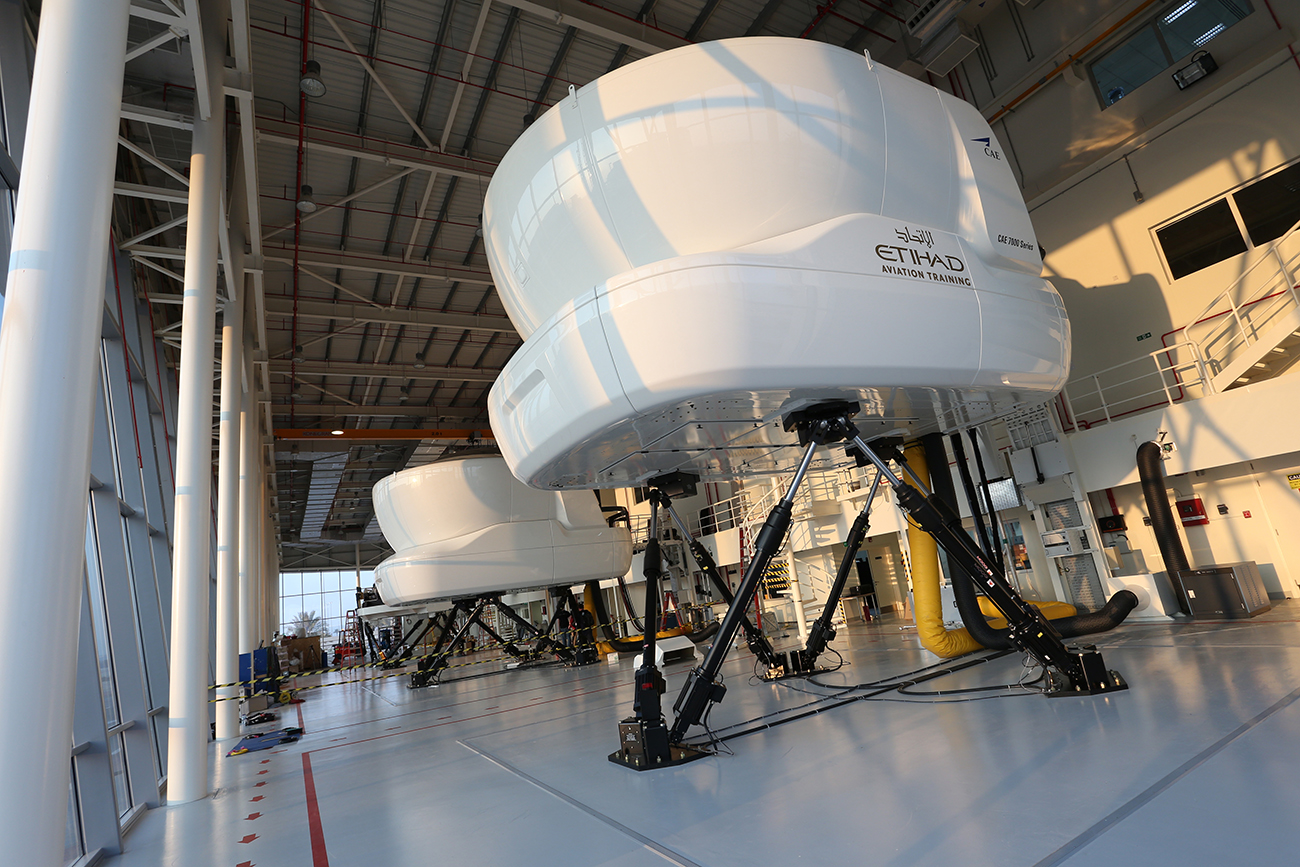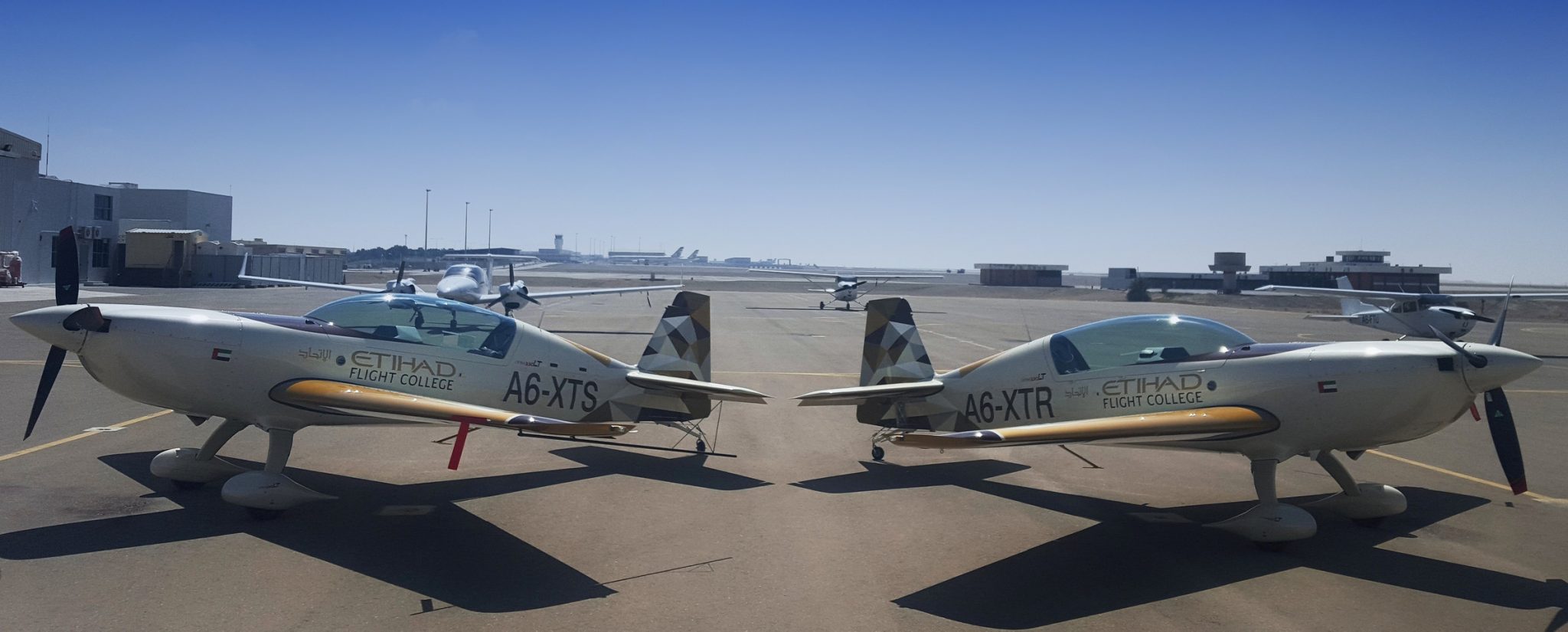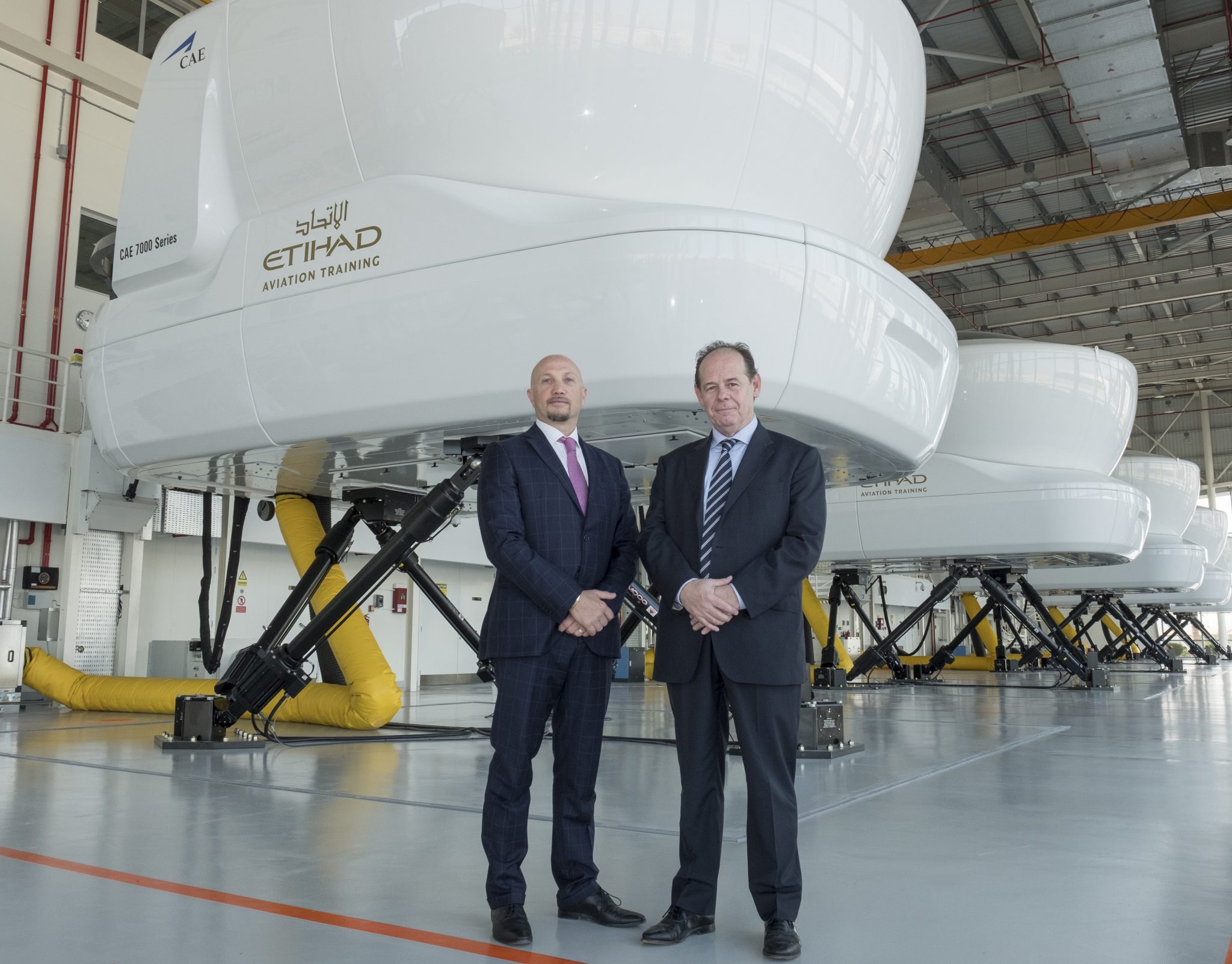
It’s well known that Etihad Airways is suffering financially – in 2016, the Abu Dhabi-based airline reported a staggering loss of $1.95 billion USD and the following year a further loss of $1.52 billion was recorded. By 2018, a major cost-cutting drive had managed to partly stem the losses but even then the airline found itself $1.28 billion in the red.
Etihad has been forced to cut back its route network and renegotiate massive aircraft orders as it resizes its fleet and reshapes its ambitions and business strategy going forward. While the airline says it is on the “right trajectory” to getting back in the black, it’s no secret that some painful decisions have needed to be made.
By the end of last year, Etihad found itself with a surplus of 160 pilots out of an entire flight crew population of just over 2,000. A leaked memo revealed the airline planned to make around 50 pilots redundant and that was on top of a deal the airline did with Emirates that saw some Etihad pilots go to work in neighbouring Dubai on a two-year secondment.

Remember, this comes at a time when there’s a worldwide pilot shortage and most airlines are struggling to find enough talent to fill their vacant positions.
But when the world gives you lemons, make lemonade – and that’s exactly what Etihad has managed to do.
When times were a lot better, the airline invested in a huge state-of-the-art training facility. Etihad owns 10 full-flight simulators including three Airbus A320 devices, three Boeing 787 Dreamliner units and two Boeing 777 simulators. Later this year, a new Airbus A350 simulator will be introduced, as well as an additional fixed based machine that will go alongside the 12 existing simulators at the Etihad Aviation Training facility.
If that wasn’t enough, Etihad Aviation Training or EAT as it’s affectionately known also owns 22 training aircraft, including four Embraer Phenom 100 jets.
Without the need to train so many pilots for its own operations, Etihad has turned its facilities into a successful and fully-integrated aviation college. Starting off with just three clients a year ago, Etihad now says it has won over 40 clients from across the Middle East, Europe, Africa and India.

According to Captain Paolo La Cava, who heads EAT, there’s particular demand from operators to train and type rate pilots on Airbus A320 and Boeing 787 Dreamliners. “Many operators simply don’t have the facilities or capacity to retrain the number of pilots required for these planes,” Captain La Cava explains.
“But we do, and demand for our services is growing. In the first half of this year, our volumes have exceeded expectations by 30%,” he says. “From small beginnings just over a year ago, we have built our training business in Abu Dhabi to become the largest such facility in the Middle East, and one of the largest independent providers of training in the aviation industry.”
Last year, Alitalia sent a number of pilot cadets to Etihad’s facilities, although Etihad isn’t at liberty to disclose details about most of its clients. As well as pilot training, EAT also provides courses for flight instructors, examiners and senior examiners, as well as cabin crew and aircraft maintenance personnel. At least one commercial airline has already sent its cabin crew to Abu Dhabi to be trained at the facility.
Etihad Aviation Training is the only college in the UAE approved by the European Air Safety Agency so we can expect Etihad to be pursuing a lot more clients in Europe. For Captain La Cava, he sees EAT going from strength to strength – “The number of passenger journeys on the world’s airlines is expected to double within 20 years, and Airbus and Boeing are both predicting that total aircraft numbers will also double to accommodate this growth,”
And that’s going require a lot more pilots – and a lot more training.
Mateusz Maszczynski honed his skills as an international flight attendant at the most prominent airline in the Middle East and has been flying ever since... most recently for a well known European airline. Matt is passionate about the aviation industry and has become an expert in passenger experience and human-centric stories. Always keeping an ear close to the ground, Matt's industry insights, analysis and news coverage is frequently relied upon by some of the biggest names in journalism.







